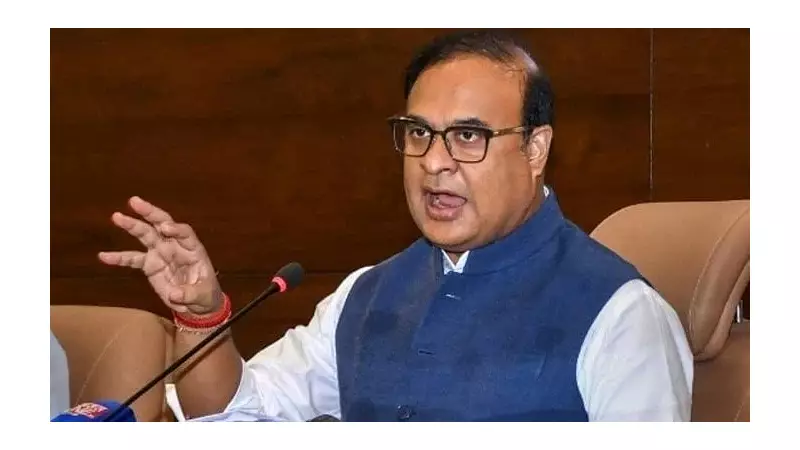
In a landmark move that could reshape Assam's political landscape, the state government is finally breaking its 41-year silence on one of India's darkest chapters. The long-classified Tewari Commission report investigating the 1983 Nellie massacre is set to be tabled in the Assam Legislative Assembly, just weeks before the state heads to polls.
The decision comes after decades of relentless pressure from victim families, human rights organizations, and political opponents who have demanded transparency about the horrific violence that unfolded on February 18, 1983. During what should have been a routine day in Nellie and surrounding villages, communal violence erupted with devastating consequences, leaving over 2,000 people dead in what remains one of independent India's worst massacres.
The Long Wait for Answers
Established in the aftermath of the tragedy, the Justice Tewari Commission was tasked with uncovering the truth behind the systematic violence that targeted primarily Bengali-speaking Muslims. Despite completing its investigation years ago, successive governments maintained an official silence, keeping the findings under wraps and leaving survivors without closure.
"This isn't just about revealing historical facts; it's about acknowledging the pain of generations who have lived with this trauma," explains a senior government official familiar with the matter. "The timing before elections is significant, but so is the commitment to transparency."
Political Implications and Public Reaction
The decision to table the report has sent ripples through Assam's political circles. Opposition parties have long accused previous administrations of deliberately suppressing the document to protect political interests. Now, with elections looming, the revelation could influence voter sentiment across multiple constituencies.
Human rights activists have welcomed the move while remaining cautiously optimistic. "We've waited 41 years for this moment," says a representative from a victims' rights organization. "While we're relieved the report will finally see daylight, we're more concerned about what actions will follow its revelations."
What to Expect When the Report is Revealed
Political analysts suggest the report's contents could:
- Identify individuals and groups responsible for orchestrating the violence
- Reveal administrative failures that allowed the massacre to occur
- Provide recommendations for compensation and rehabilitation that were never implemented
- Shed light on the political climate that enabled such violence
As Assam stands at this historical crossroads, the tabling of the Tewari Commission report represents more than just political maneuvering—it offers a chance for healing, accountability, and perhaps finally, justice for the victims of Nellie.






